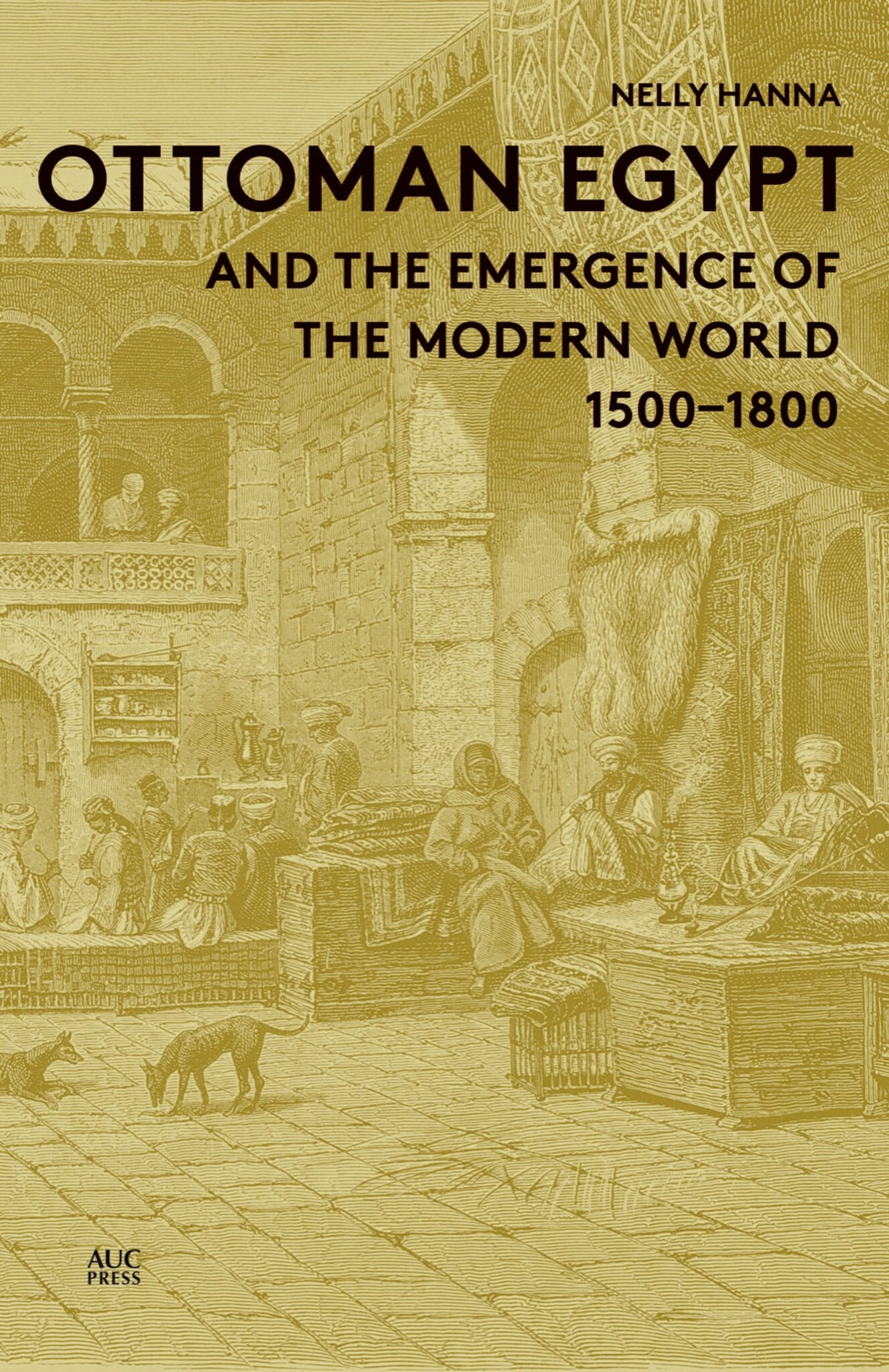We're sorry. An error has occurred
Please cancel or retry.
Ottoman Egypt and the Emergence of the Modern World

Some error occured while loading the Quick View. Please close the Quick View and try reloading the page.
Couldn't load pickup availability
- Format:
-
15 November 2014

Based on the Hamilton A.R. Gibb Lectures given by Nelly Hanna at the Center for Middle Eastern Studies of Harvard University, this groundbreaking book will be of interest to all those looking for a different perspective on the history of south–north relations.
Aiming to place Egypt clearly in the context of some of the major worldwide transformations of the three centuries from 1500 to 1800, Professor Hanna questions the mainstream view that has identified the main sources of modern world history as the Reformation, the expansion of Europe into America and Asia, the formation of trading companies, and scientific discoveries. She adds to the debate by showing that there were worldwide trends that touched Egypt, India, southeast Asia, and Europe: in all these areas, for example, there were linguistic shifts that brought the written language closer to the spoken word. She also demonstrates that technology and know-how, far from being centered only in Europe, flowed in different directions: for instance, in the eighteenth century, French entrepreneurs were trying to imitate the techniques of bleaching and dyeing of cloth that they found in Egypt and other Ottoman localities.


1. Egypt 1600–1800: Between Local and Global
2. Seventeenth–Eighteenth-Century Texts: Colloquial in Language, Scholarly in form
3. Textile Artisans and Guilds of Eighteenth-Century Cairo and the World Economy
4. Artisans, Spies, and Manufacturers: Eighteenth-Century Transfers of Technology from the Ottoman Empire to France
5. Epilogue
Bibliography



